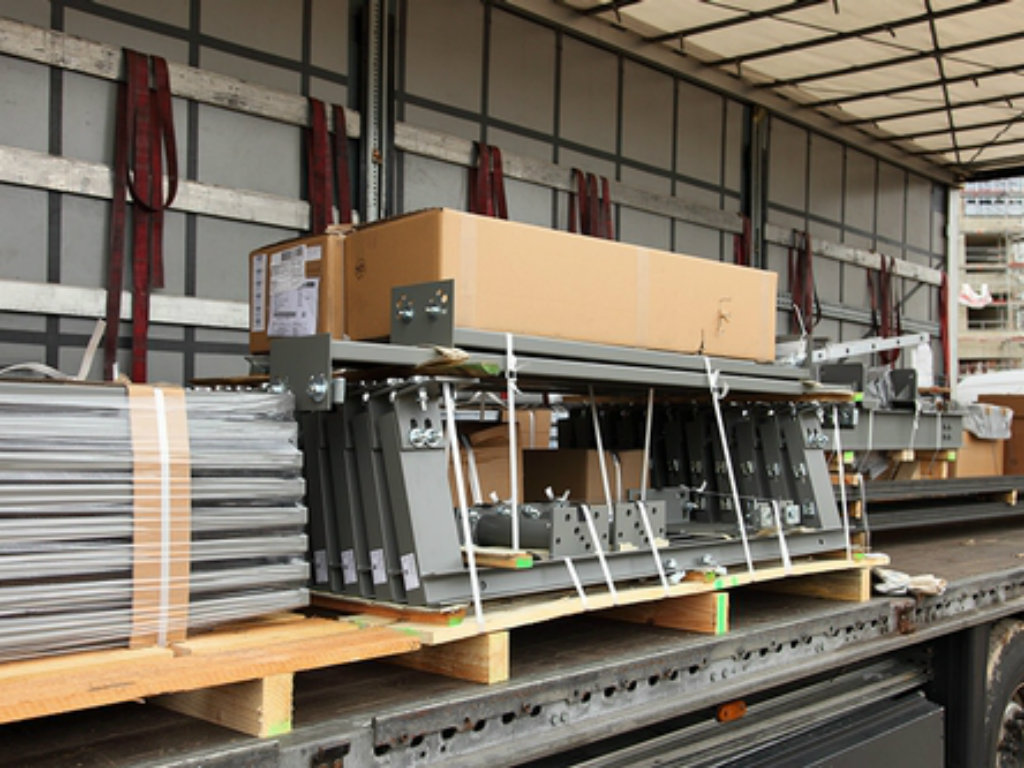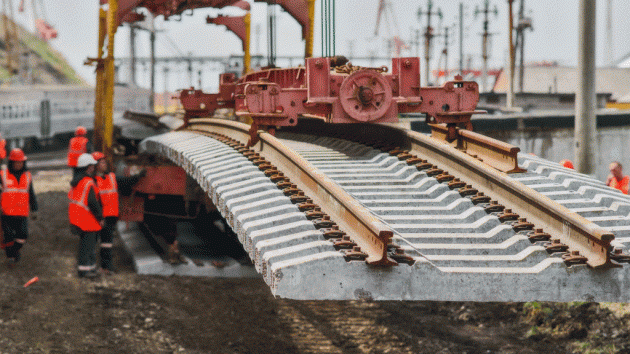Consolidation of Transport in Industry and Commerce – Advantages, Flaws and Technical Execution
 Wednesday, 25.11.2020.
Wednesday, 25.11.2020.
 21:54
21:54

The most important components are: time, money and the environment
If each of these shipments were to be sent individually, neither the containers nor the trucks or vans would be filled out. Empty rides produce costs and increase the transport to the detriment of the environment. Accordingly, it also takes time to collect shipments in one place. On one hand, this entails increased dispatching costs because connecting requires very precise planning. On the other hand, various types of partial cargo also come from various sources. In order for them to be connected at the final destination, interstations need to exist, where the reloading is done.
Time is the scarcest of the resources. The field of logistics changes quickly. Close connecting within the supply chain has raised expectations in all participants of getting the ordered goods quickly, in some cases the same day. How can all three components be satisfied then?
The best aids: models of platforms with interfaces to TMS and ERP systems
It is the production sector that is often dependent on the help of experts in transport and logistics when mastering the logistics processes. Numerous companies have their own logistics departments for that purpose, where the dispatching activities are carried out. The use of logistics system such as the system of smart logistics of TIMOCOM is a proven aid here. Their key competence is the offer of cargo in the form of partial loads or their browsing and the finding of a suitable loading area and its advertising. The data about the volume of the shipment, for example, the weight and the length simplify the slotting of even the smallest units. Companies are thereby enabled to use their own rolling stock, avoid empty rides and/or transport partial loads at affordable prices.
In addition to the Freight Exchange which creates said added value, within its system, TIMOCOM also offers the Tenders Application. Offers can be made here for repeating tours, thereby enabling the finding of constant business partners over a defined time period. Here too is the option of to work with small series. Users can open various tenders for various shipments which can eventually be merged into a full truck.
The TIMOCOM system also covers transport orders in a fully digital and legally binding form in the app Transport Orders. Users can pick their favorites from a network of over 45,000 users of TIMOCOM. A dispatcher can access this pool of service providers and target the transporters they want to contact for certain jobs.
As a rule, logistics companies work with a TMS or an ERP system which enables them to view their ongoing transports and, if they exist, their own vehicles too. Through the interface Freight Exchange and the interface Transport Orders, the TMS and ERP systems can be connected with the Smart Logistics System. Double entries are avoided and valuable time is saved while many more potential partners for transport services are contacted at the same time.
The interface Tracking enables the GPS data on the trucks within the smart logistics system to be displayed as linked on a map. For that purpose, TIMOCOM already has 265 providers of telematics connected. This provides dispatchers with another instrument that facilitates the planning of their shipments.
Consolidation of transport: only a question of technical infrastructure?
There is no substitution for the expertise at any point along the transportation chain. Finally, what is required is an experienced staff which can fulfill the complex demands related to the consolidation of transport. In an era of accelerated expansion of digital logistics, your tool are platform models and management systems which correspond with each other, thereby connecting the data even before all the various shipments are truly connected within a single transportation means.
 TimoCom
TimoCom
Most Important News
06.04.2024. | Agriculture
Preconditions for Placement of Fresh Blueberries and Dried Plums in Chinese Market Secured

16.04.2024. | News
Jovan Ciric, Leasing Director Retail MPC Properties – MPC Echo symbolizes our desire for good ideas and innovative endeavors to spread freely and bring about positive changes

16.04.2024. | News
10.04.2024. | Finance, IT, Telecommunications, Tourism, Sports, Culture
Creative Industry – What This Serbian Economy Sector Worth EUR 2 Billion Encompasses

10.04.2024. | Finance, IT, Telecommunications, Tourism, Sports, Culture
24.04.2024. | Construction, Healthcare
Price of construction of Tirsova 2 increases to EUR 141.6 million – Contract awarded to consortium of 10 companies

24.04.2024. | Construction, Healthcare
16.04.2024. | News
Economy Fair in Mostar opens – 26 companies from Serbia exhibiting

16.04.2024. | News
24.04.2024. | Construction, Transport
Dates of publishing of tenders for construction of three sections of fast railroad from Belgrade to Nis known

24.04.2024. | Construction, Transport


 Izdanje Srbija
Izdanje Srbija Serbische Ausgabe
Serbische Ausgabe Izdanje BiH
Izdanje BiH Izdanje Crna Gora
Izdanje Crna Gora


 News
News






